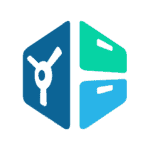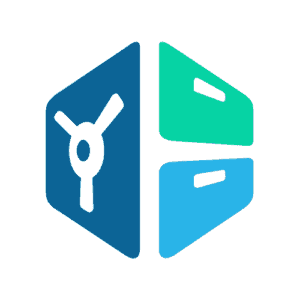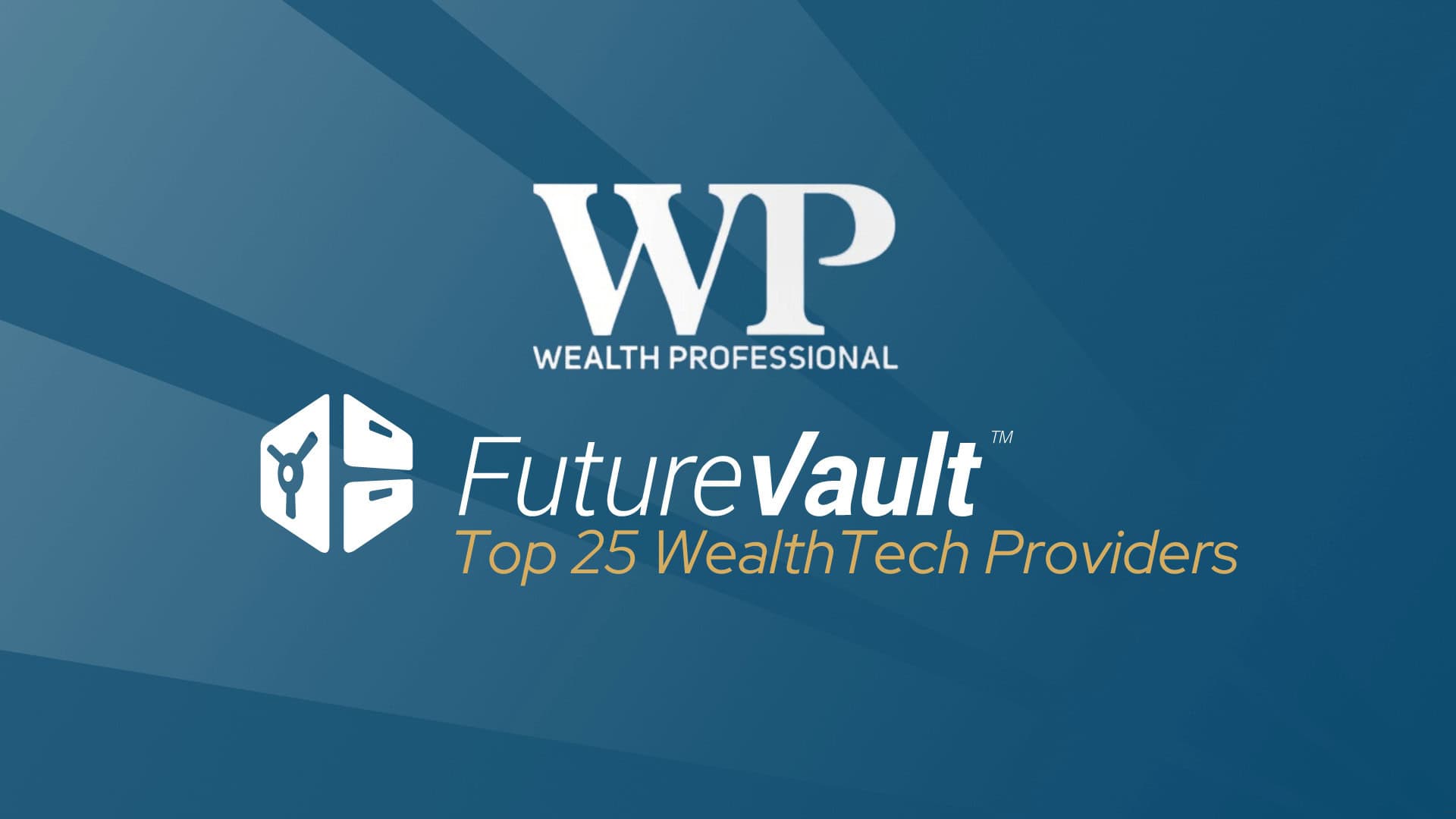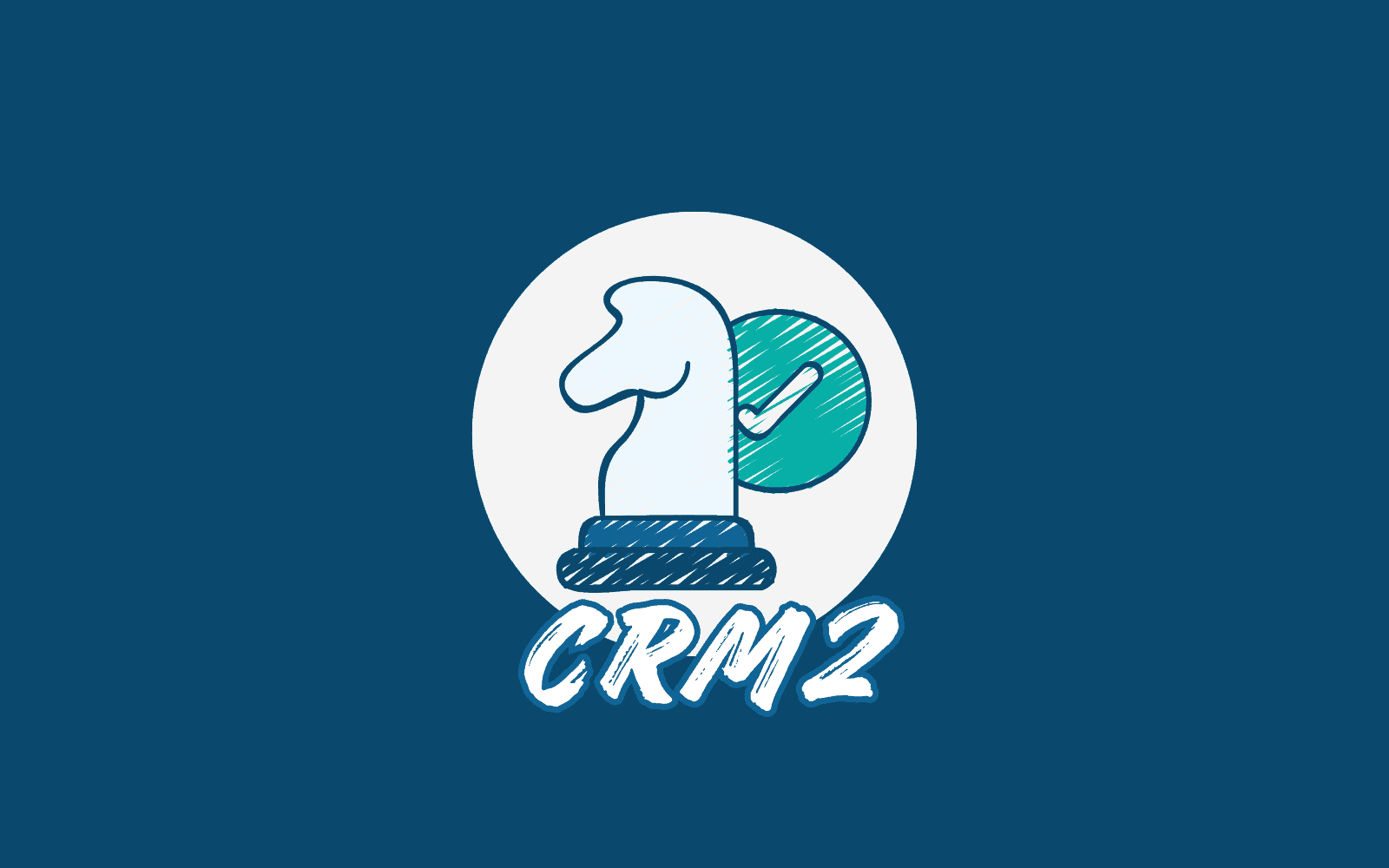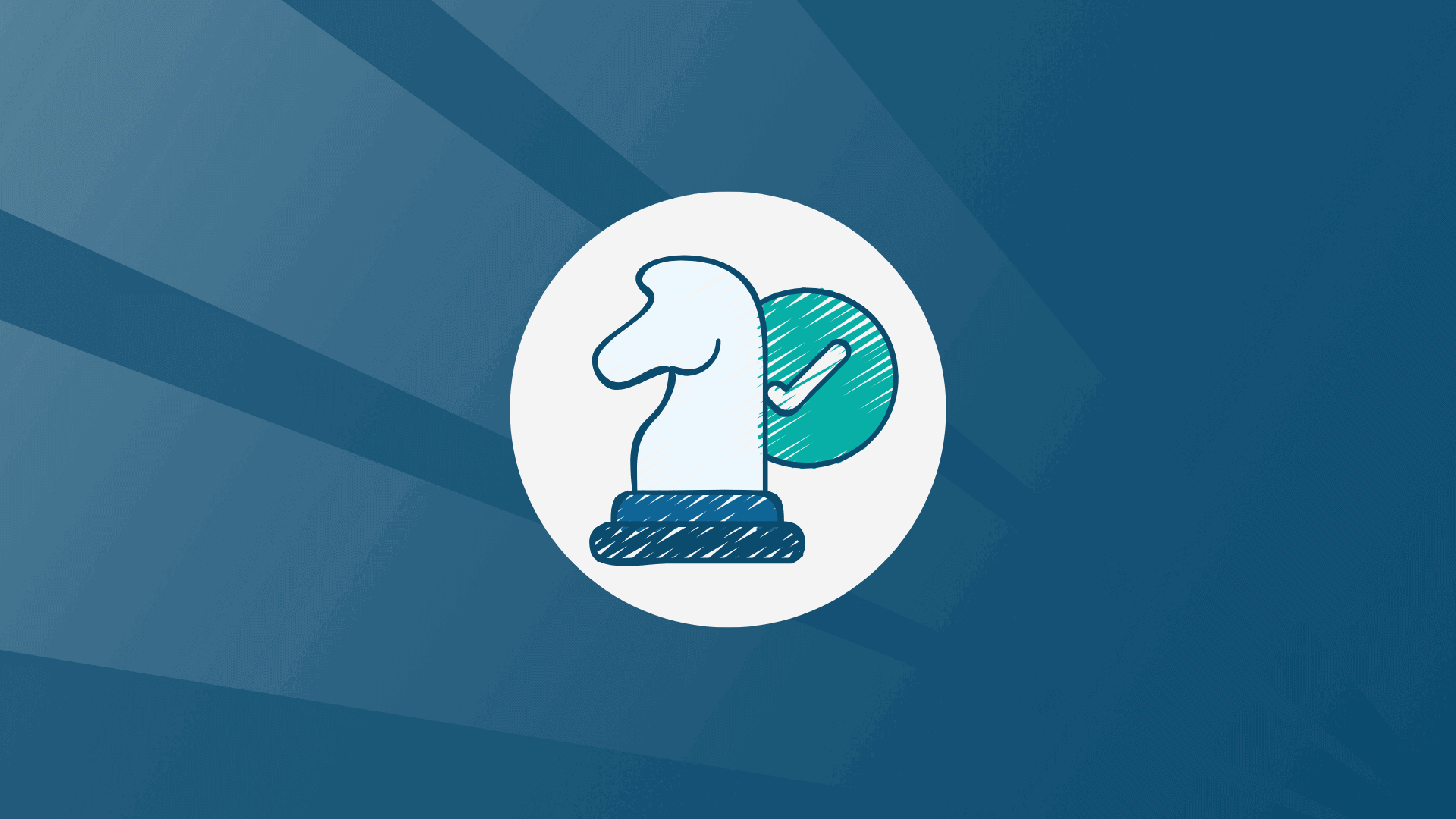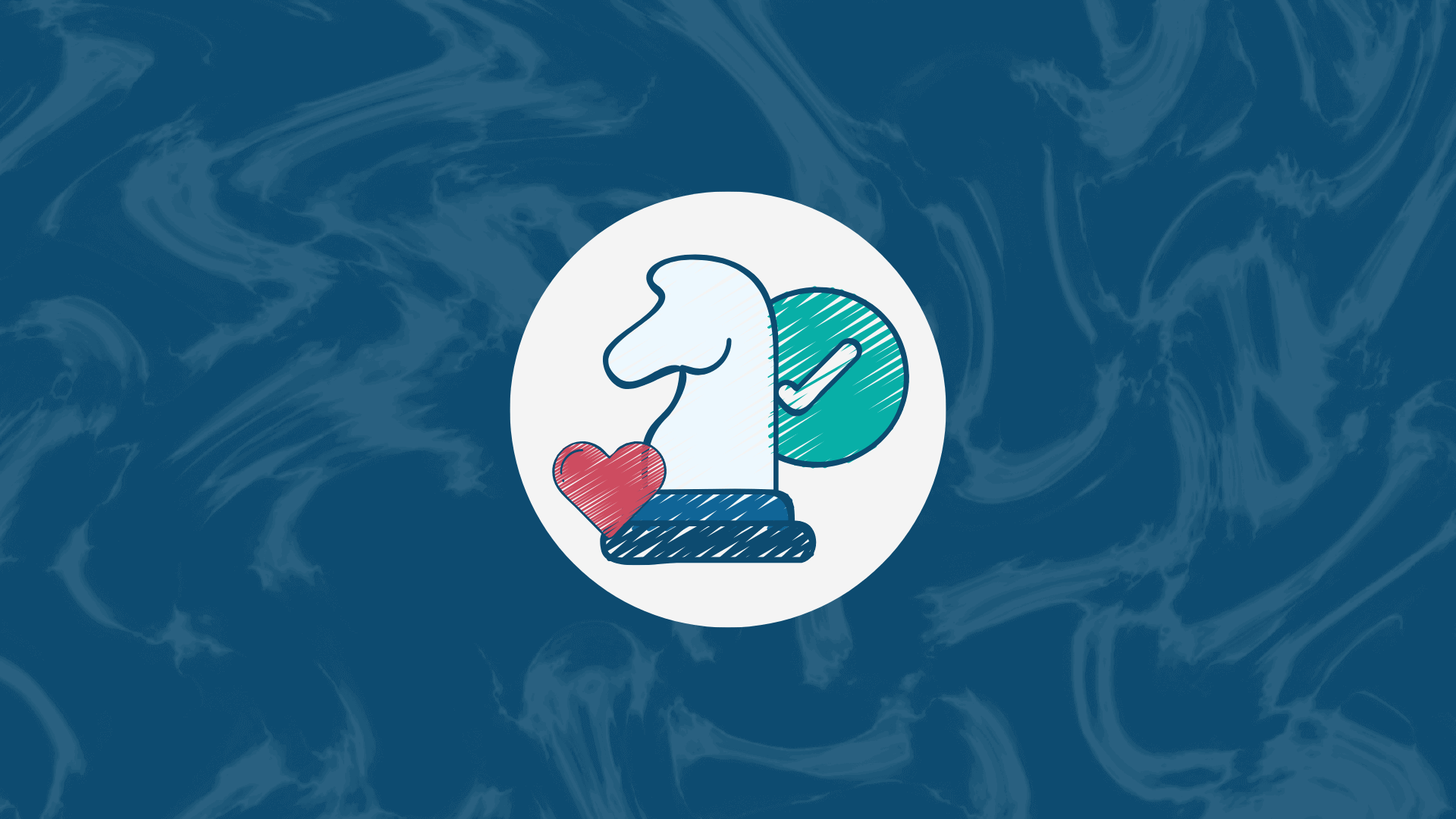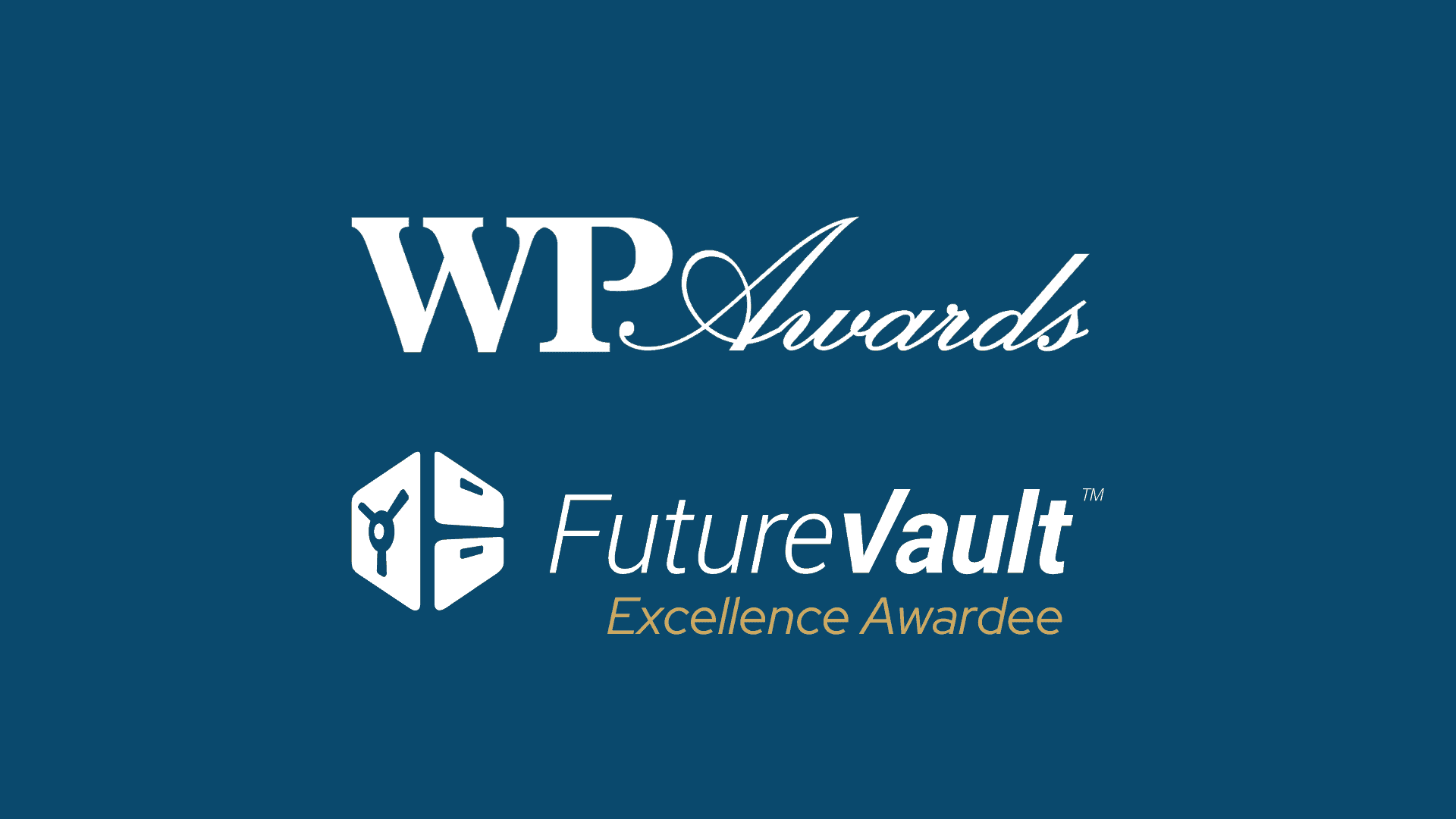Blockchain is among the hottest tech buzzwords of 2018, just like cloud computing was eight years ago. Now, speculation is rife that blockchain and the cloud may get married.
For those who don’t know, blockchain is the technology that makes cryptocurrencies work. It’s a distributed anonymous ledger that is constantly updated as people make transactions. Blockchain has the potential to revolutionize industries as diverse as energy trading and voting. It also has real potential to change the document security landscape.
As a growing number of companies migrate their valuable data to cloud-based storage solutions, the addition of blockchain technology could make the use of remote servers even more compelling. IT magazine TechGenix says that because distributed ledger technology can increase security and decrease the costs associated with cloud-based storage solutions, it makes sense to combine the two technologies. The magazine asks, “Can blockchain technology become the preferred cloud storage option of the future?”
“Even though centralized cloud computing has many numerous advantages, the cloud might switch to a distributed, decentralized approach. And this is where blockchain technology for cloud storage enters the picture,” the magazine writes.
As developers build blockchain capabilities, adding blockchain to cloud storage could add a level of security and enable such things as secure payment processing. It could also increase user privacy since data and files would not be centrally stored on any one server but encrypted fragments would be stored on multiple nodes controlled by keys that users would hold.
Experts say the combination of blockchain and the cloud can add durability and robustness to cloud solutions because data would not be controlled by any single entity and would have no single point of potential failure. Adding blockchain to document and file storage could yield significant advantages. Documents — such as diplomas to tax returns, wills, deeds, and contracts — would be validated and authenticated. And, storing data on a blockchain would also bolster the fiduciary document history and audit trail of documents by retaining information about who opened the file, at what time, and any changes recorded. Blockchain could also function as a secure digital wallet for storing such things as digital identities and financial account details, as well as personal and professional credentials.
A growing cadre of tech futurists see blockchain technology and cloud-computing coming together. According to Cloud Security Alliance research, a cloud-enabled blockchain has “great promise” for increasing security among devices connected on the Internet of Things. And, the latest State of the Cloud report from Bessemer Venture Partners predicts that blockchain will increasingly influence cloud-based architecture.
